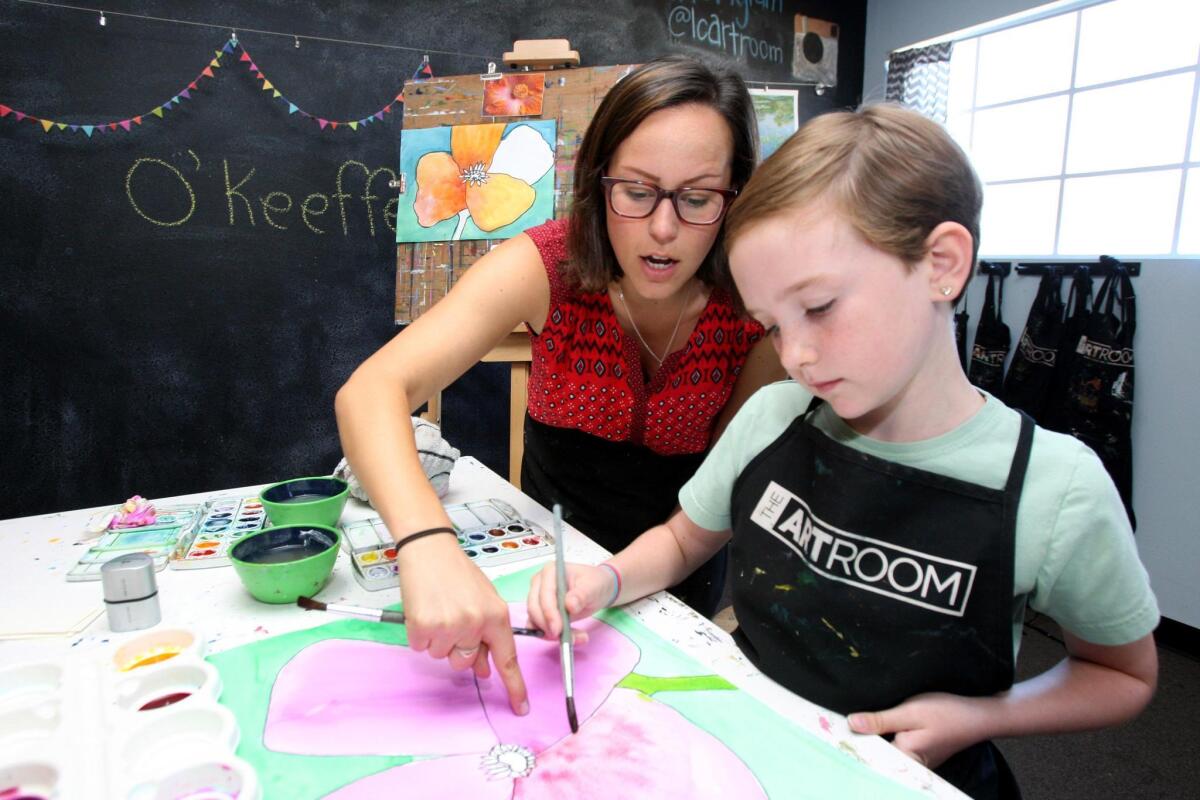The Focused Student: The advantage of having hobbies

It is times like these I wish my kids had real hobbies: ones that took time to collect, categorize, file and organize. In fact, I rarely hear the word “hobby” anymore. I began to wonder if people even pursued hobbies in this day and age of social media, gaming apps and 100-inch televisions. Does anyone have time for a hobby?
When I asked students if they have a hobby, many of them looked at me a little bewildered. When I explain what I mean most will say yes and cite video games.
Hobby as defined by Barhart’s dictionary is “a pursuit of and/or interest outside of a person’s regular occupation or business; a favorite pastime.” That means a hobby could be active such as hiking, gardening, exercising, traveling, building, or less active such as collecting, reading, drawing, solving, crafts or playing board or card games.
Lack of time to engage in a hobby is the No. 1 reason people give for not having hobbies. Working families are consumed by jobs and getting kids from place to place. Kids are consumed by school and when everyone wants to relax it’s the TV, video games or social media.
Yet, the advantages of having a hobby are numerous. Research shows that people with hobbies are generally healthier, with lower risk of depression, dementia and high blood pressure. These are some of the physical benefits. Hobbies are important means of redirecting the mind away from the day’s schoolwork and onto something that is hopefully more enjoyable, relieving the stress of the day. This has an impact on the quality of life, school, study time and family relationships.
Michael Brickey, author of “Defy Aging,” believes that an ideal hobby would be one that creates a diversion from daily life, a passion for something of great interest, and a sense of purpose. If you get “beat up” at work or school at least there is the hobby.
I know of a student who was involved in a wood-carving club that used to meet at Crescenta Valley Park. Most members of the club were older men and women but the friendships the student developed there were better than his school relationships. He looked forward to going there each week, and he got positive feedback for his work. At the club, he felt like someone. The “old” guys didn’t care what he wore, who he knew or how cool he was. They respected him for what he could do and tried to do.
Many hobbies create opportunities to socialize with others. If the hobby can be done in a group — an art class at a community college or music lesson — you likely will meet others from different and interesting backgrounds with whom you share a common interest.
Hobbies can open up a different world view. Many hobbies create value for students and a sense of “I am good at something.” Other hobbies connect generations. Ever talk to old people? Some of the experiences they have had have been amazing.
In addition to the physical and social benefits, most hobbies have an educational aspect. Hobbies can create skills and a passion for something that provide the foundation for a future career. Gardening can teach plant physiology, ecology, entomology and chemistry. Sewing and other fiber arts can generate knowledge about graphic design, color, visual space and materials science. Knowledge garnered as a collector of sports cards can lead to a career as a sports lawyer, journalist or agent.
The key element about hobbies is that they involve doing. Instead of sitting in front of a screen, having a hobby encourages a person to actively participate in something, whether it’s acquiring new stamps for a stamp collection from someone halfway around the world, spending a day at a rock and mineral show or crafting a bowl from clay or glass.
Given their benefits, hobbies are something to be encouraged for people of all ages.
